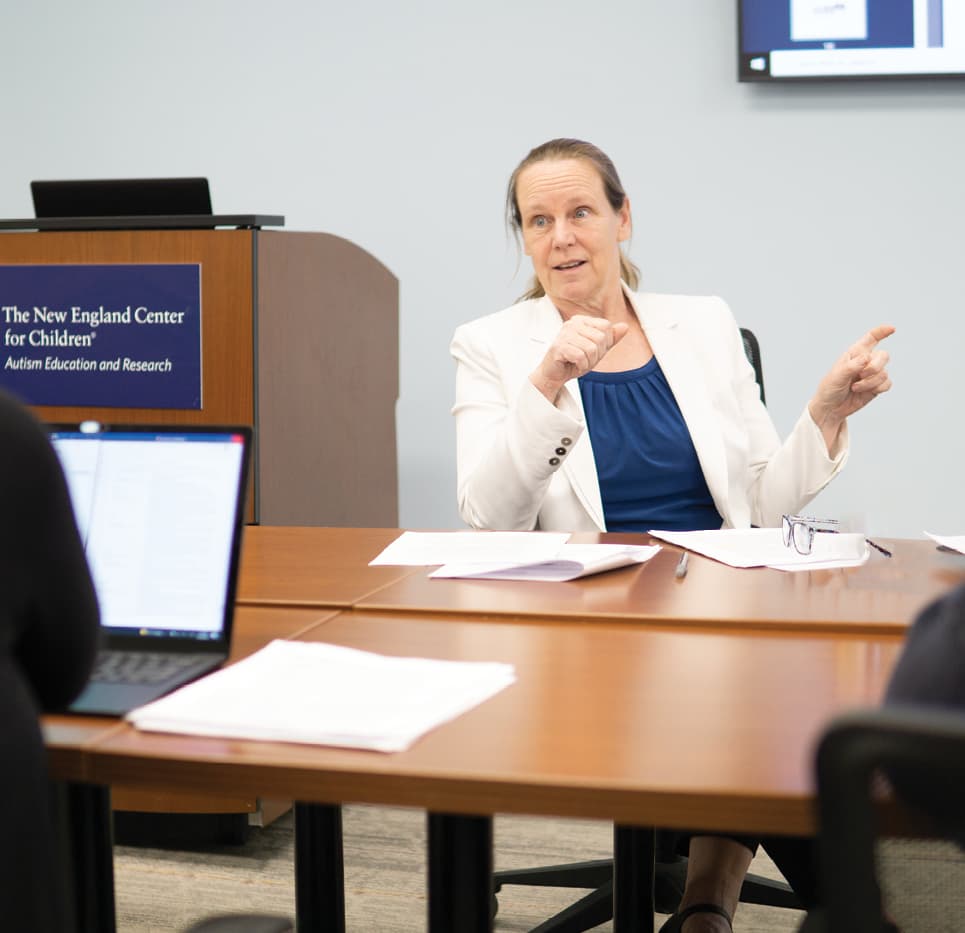Advancing Research and Practice in Behavior Analysis
This world-renowned program was developed in response to the increasing demand for scientists and practitioners of evidence-based methods for the education and treatment of individuals with autism and related disabilities. The PhD program in Behavior Analysis at Western New England University will give you the skills to fill this void and become a leading voice in the field. Through a combination of coursework and supervised practical and research experiences, the aim of the Department of Psychology is to train researchers and scientist-practitioners in the discovery, translation, and application of knowledge toward solving human behavior problems of societal importance. Our graduates have gone on to contribute critical research to the field and work in a variety of clinical and academic settings.
Why Choose the PhD in Behavior Analysis?
One of the strengths of the program is our partnership with the prestigious New England Center for Children to offer this program to staff with faculty on their campus. The Center, located in Southborough, MA, is home to a school for over 250 children with autism and includes a faculty of over 1000 educators. The Center provides state-of-the-art education for children with autism and related disorders.
Student funding and support is available for this program. View our current tuition rates.
What Will You Study?
Students are expected to complete 54 credit hours with at least 27 of those hours being seminars (the remaining 27 may be dissertation credit, behavior analysis practica, and additional elective seminars). Courses will be offered in three of the four 11-week terms scheduled by the Western New England University Graduate Program (Fall, Winter, and Spring terms).
Students are expected to enroll in 7 total credits in three of the four terms in each of the initial two years of the program. Students are expected to enroll in a total of 4 credits in three of the four terms in the third year of the program. Students not finished with the program by the end of the third year register for 1 credit of dissertation continuance in all subsequent years until completion of all degree requirements.








